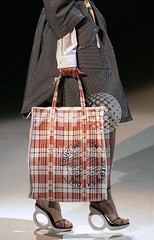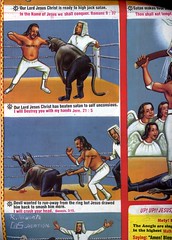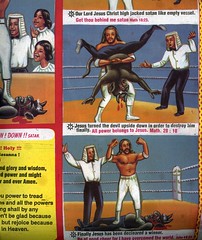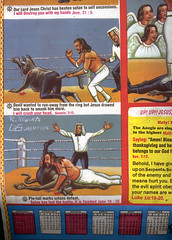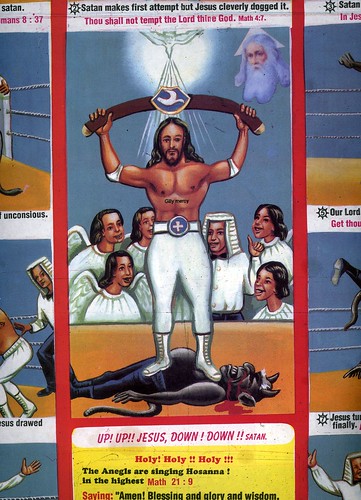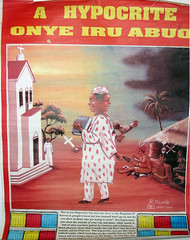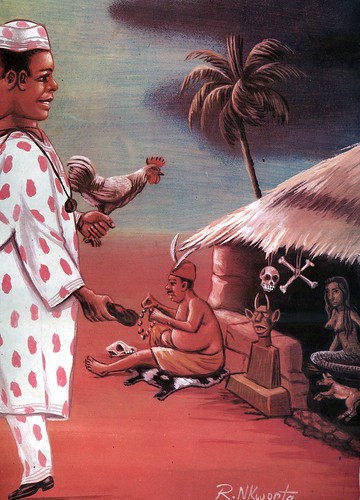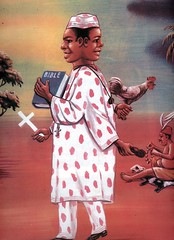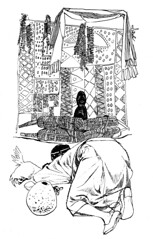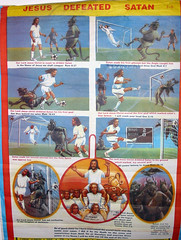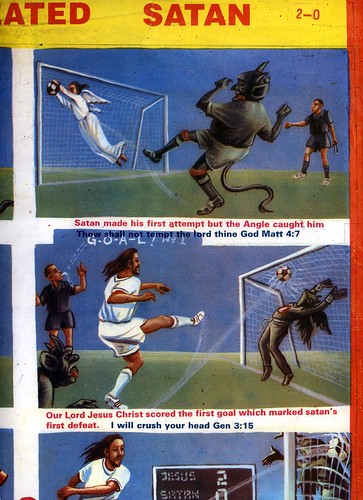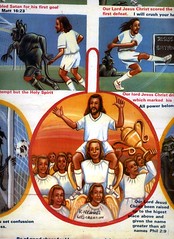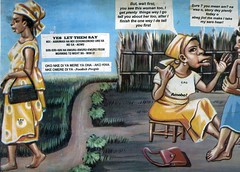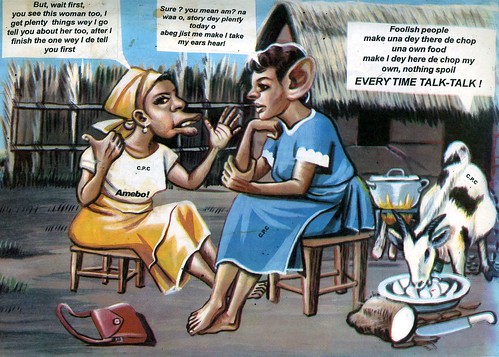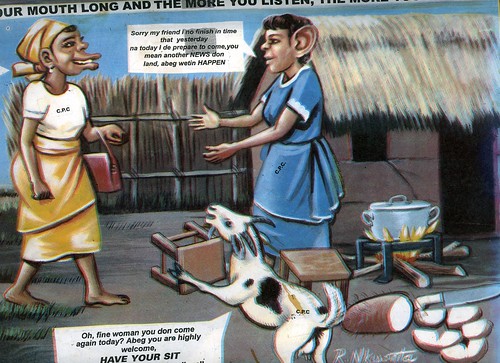A Taste of Africa
It is a truth universally acknowledged that the sight of a grandmother running a kitchen in a restaurant brings a sense of warmth to the stomach of any man. The anticipation is further heightened in the sub-species known as the seasoned bachelor. I have seen grown men regress to their misspent and gluttonous youth, instantly shedding the heady shackles of responsibility as fond memories visibly surface. A certain look comes over the face and, for an instant, monosyllabic grunts are all that one is capable of. A food coma in prospect, the salivary glands go into overdrive. You'll notice a lot of involuntary licking of lips. If you listen closely you'll hear them whisper the adjective 'mouth-watering' under their breath. If only one could bottle up that instant cheer. I should know. Even though matrimony has been treating me well, that was me this Saturday.
Food is like that. Homecooked food, made with expert care is like that. Comfort food is by definition richly valued and time-tested, and the visual cues, those Auntie or Grandma figures, are rightly emphasized in advertising. An authentic real-life grandmotherly intervention is to be prized above almost all else.
And there it is, front and center, as you enter: you see her. Smiling her warm welcoming smile, she's surrounded by the pots with perhaps a ladle in hand, stirring, prodding, orchestrating a small slice of culinary nirvana. She's in full control, cooking with glee. You'll hear her dispensing pearls of wisdom, advising the others on spices and such. Still it's her show.
She's a grandmother. It's her thing, she's in it for love. It's the usual story: her reputation for homecooking was outsized, it wasn't just the extended family, but also the friends, and their friends. They all knew. She liked to cook, that's all. First it was a little joint a few blocks away, not much more than a little trailer, yet it kept going for 8 years. Now there is more capital, so it's a full-blown restaurant. They've lost the training wheels as it were; the revamp and grand-opening was late last year. Moving on up like Curtis Mayfield sang.
It's one of those crossroad neighbourhoods. The signs of recent gentrification are mixed with the usual pre-gentrification remnants and indeed holdouts. Transition in short. The restaurant is near the Berkeley/Oakland line, thus it's close enough to the heart of the City of Liberals to be a favourite of the Peace Corps crowd - those wanting to reminisce about a time when life had meaning, while maintaining the close ties to the soulful parts of the Oakland brethren and sistren - you know, those who keep it real. And then of course, there's your tribe of patrons: Africans in America. Ah nostalgia.
It's a family affair. Her daughters and sons cook, serve and clean. On occasion the little grandchildren drop by. I think the word is cute. It's really like spending time in a family home, it doesn't feel like a Formal Restaurant™. You wouldn't come dressed in opera wear.
It's not a dive, but it's suitably intimate, seven or eight tables, perhaps seating 25 inside, and a dozen out on the patio when the weather is right as it often is on this side of the San Francisco Bay. You get the red, gold and green painted exteriors, you get some batik prints. Was there a mask or two? Above all you get food from the Grandmotherland. Glorious Cameroonian cuisine is what you get. Ambiance and comfort are the fringe benefits.
Ethnic food in the Bay Area is mostly Asian (Chinese, Korean, Indian, Indonesian) and obviously the ubiquitous Mexican. African food is represented by the numerous Ethiopian restaurants, their delicate civilization having a strong presence in these parts. Of course there's much more to African food and culture than Ethiopia and slowly that awareness is seeping into the public consciousness.
We live near the Gourmet Ghetto in Berkeley, home to Chez Panisse and 15 or so restaurants. World-renowned, haute cuisine, Californian New World fusion cuisine with complicated ingredients - typical descriptions read like a Restoration Hardware label. You know what I mean: the expensive wines, the high snob quotient, the feel-privileged factor. Your mileage may vary but colour me unimpressed. When I need soul as I often do, living as we do in the midst of God's own people, I like to head out to our people, my people. I try to support the burgeoning West African community. There's Ghanaian Tropical Paradise down the street and, ever since I discovered it in the new year, there's A Taste of Africa.
Thus you might find me there on certain lazy weekend afternoons, sporting my fresh haircut from the nearby barbershops (I have to cross over to the Oakland side of things to get the right hair treatment), sipping on a glass of their homemade ginger delight drink (the last time, I almost declaimed spontaneous poetry in appreciation), chatting with all and sundry, or perhaps quietly reading a novel as the whim might take me. I'll be there taking in the atmosphere, nodding to the music as the family get to work, conjuring up the meals. They chat amongst themselves with the back and forth and intimacy that comes from knowing. It's the easy familiarity of, well, a family.
This is not fast food, it's homemade and unhurried, prepared with care. The menu is only a guideline, a starting point for a conversation. Ask for whatever is good that day. The menu alternates and Ma will cook whatever is her fancy.
"What do you have today?" "Well... I think... today... well... you see... you might like...."And so forth. The pauses and rhythms are eternal. The sense of time is African. You'll wait a while as the food is prepared. The sweet smell of the fried plantains, the sule as the Cameroonians call it, will gently waft in from the nearby kitchen tickling your sensibility. It's ten feet away; if you could you'd take a few leaps and pick up a few slices, hot off the fryer. But, well, you control yourself. As they say, good things come to those who wait.
By the time the food arrives, you're ready. You dig in. What else is there to say? It's the main course, the main event, the main everything. I shall skip the ludicrous amount of pleasure you derive but I suppose I should describe the food somewhat.
Let's start with the ndole. A sauce of peanuts, spinach, garlic, ginger and something special. Throw it on everything, you can't go wrong. I exchanged a look of delight with a grandchild, perhaps 4 years old, she knew the score about the ndole she was similarly wolfing down.
The jollof rice is different from my customary Ghanaian fare, they don't seem to use long-grain rice, it's not the usual Basmati business, and the tomato treatment makes for a less intense taste. I like it though. Topped with Ndole, the fat lady sang. For the uninitiated, jollof is... well you can google it. Suffice to say that that it's my kind of thing. The sule, as I've suggested is great - again with a twist, I couldn't detect the ginger that would be in Ghanaian kelewele.
The suya, well, that's something else altogether. The spice on the kebab is phenomenal. Cameroon's proximity to Nigeria comes in handy in this respect, the Nigerians have the greatest tradition of khebab. Suya. Suya. Suya! A chorus of approval.
Try the pepper soup, typically with lamb or goat meat - or vegetarian if you must. Of course, this is West African food, so there's the obligatory fufu to accompany it (pounded yams in this case). There's more of course: moi moi or acara (various takes on black eyed peas), ewole which is the essence of Cameroon, egusi, okra and more. I'll let you discover for yourself.
I was struck that everything was light; she cooks with a delicate touch. Some African restaurants go all out with heavy fare that the part of the clientele that are cab drivers appreciate. You will eat a lot here and you won't regret it. You are reminded that the beautiful people live in California. There's sensitivity to the market. Astute, I must say.
Midway through your sustained attack on the delights at hand, she might take a walk around the place surveying the fruits of her labour. She doesn't need to ask; it's a done deal. But she does anyway. And yeah, she knows all right. She's seen it before: your appreciation is plainly evident from the precursors of sweat on your face, even before you launch into the obligatory mumbled 'it's ummm sooo ummm goo umm oood". She smiles. You smile. 6,000 miles away from the continent, diaspora, exile life is forgotten. For an hour of so, you're transported back home. You've gotten your taste of Africa. You're in the realm of the sated.
A Taste of Africa is in Berkeley, California.
Tell Ma I sent you. It's the least I could do.
Soundtrack for this love letter
Al B. Sure! - Just A Taste Of Lovin'
File under: food, review, Africa, Cameroon, Berkeley, USA, appreciation, taste, restaurant, life, pleasure, observation, happiness, joy, escape, cuisine, comfort, diaspora, small things, toli




